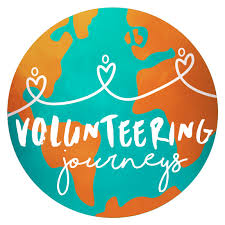Over the last two months, I have had the opportunity to embark myself on a fascinating journey and, taking advantage of my groupmates’ wise guide and advice, to discover the challenges and penuries that novice volunteers will encounter in their own journey. In this final blog, I will re-visit my previous contributions to our hands-on communication blog project, “A Better Volunteer”, and try to show my conclusions and reflections upon a topic of paramount importance for the humanitarian sector.








